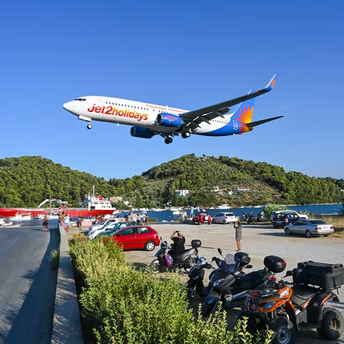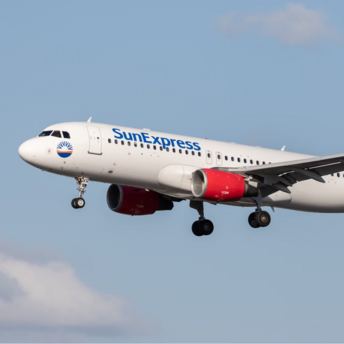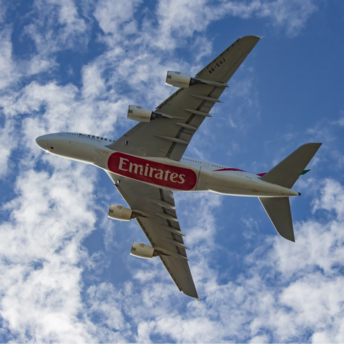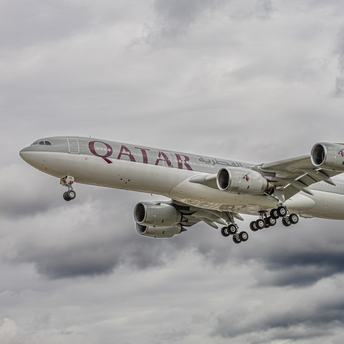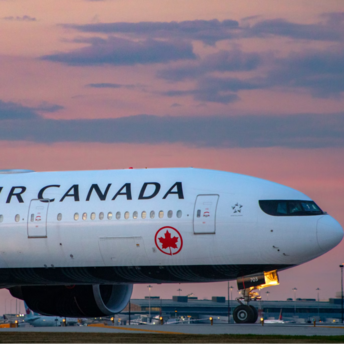Government Investigates Airline Rewards Programs

The Biden administration is scrutinizing frequent flyer programs to determine if they hinder competition. The Department of Transportation and the Consumer Financial Protection Bureau, influenced by Senator Dick Durbin's push to regulate credit card fees, recently held a hearing on this matter.
Despite the concerns, frequent flyer programs may actually boost competition. Airlines, operating in a highly regulated industry with limited differentiation options, use these programs as a key competitive tool. They were initially created to foster competition among airlines.
These programs enhance the profitability of flights and reduce fares by increasing seat availability. Moreover, the entry of new programs like Chase Ultimate Rewards and Capital One into the market indicates minimal barriers to competition. However, there are criticisms regarding certain practices within these programs, often exacerbated by government policies that limit consumer recourse.
The Department of Transportation has been criticized for not adequately addressing complaints about frequent flyer programs. Legal precedents have made it difficult for consumers to sue for breaches of good faith, leaving the DOT as the primary regulator.
Spirit Airlines and other small carriers argue that the dominance of the Big Four airlines—American, Delta, Southwest, and United—forces travelers into their loyalty programs, potentially limiting competition. Spirit’s chief commercial officer, Matt Klein, highlighted that consolidation has made it difficult for smaller airlines to compete without offering comparable loyalty incentives.
Experts like Gary Leff, a rewards program analyst, believe that the notion of frequent flyer programs stifling competition is flawed. He points out that airlines like Spirit have leveraged their loyalty programs successfully, despite being smaller players. The success of these programs often depends on the airline's ability to grow and offer compelling value propositions.
The debate continues as smaller airlines push for regulatory changes that would level the playing field. However, the existing market dynamics and the ability of even small airlines to create attractive loyalty programs suggest that frequent flyer programs, while flawed, do not inherently stifle competition. Instead, they provide a significant opportunity for airlines to differentiate and compete in a tightly regulated industry.



